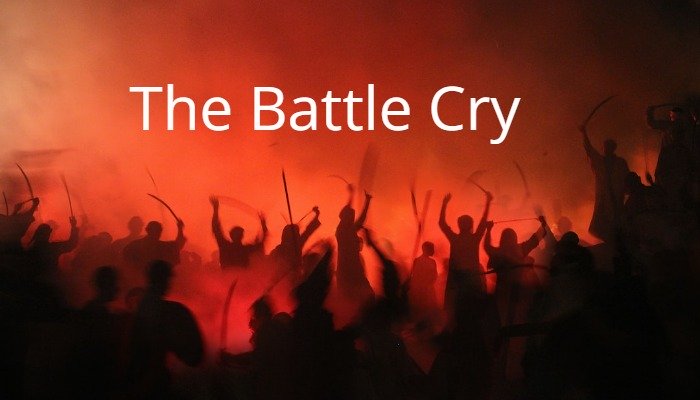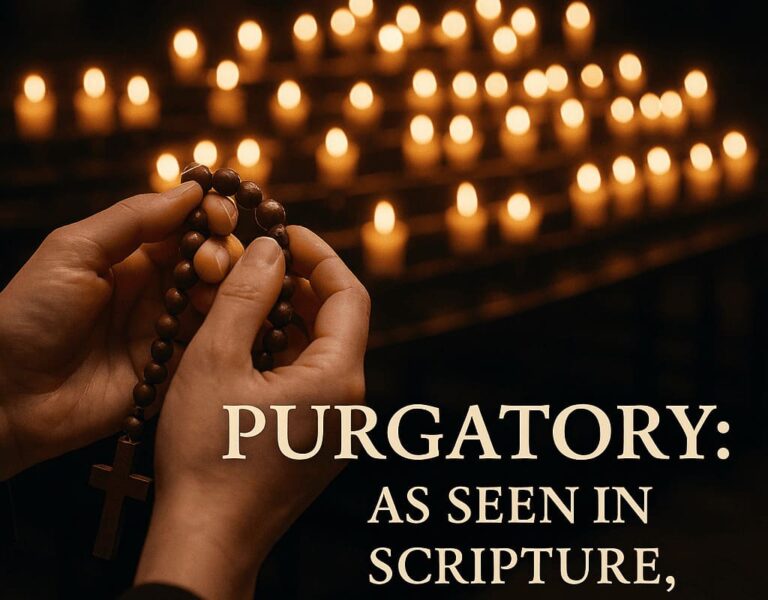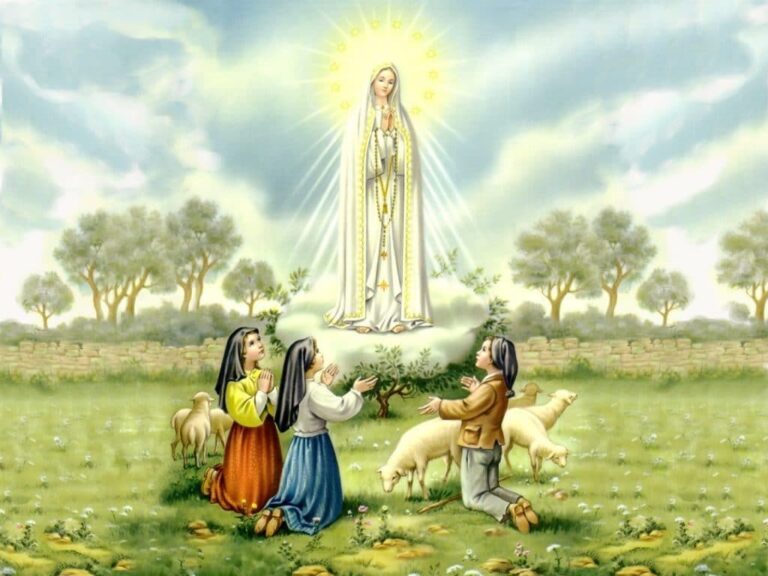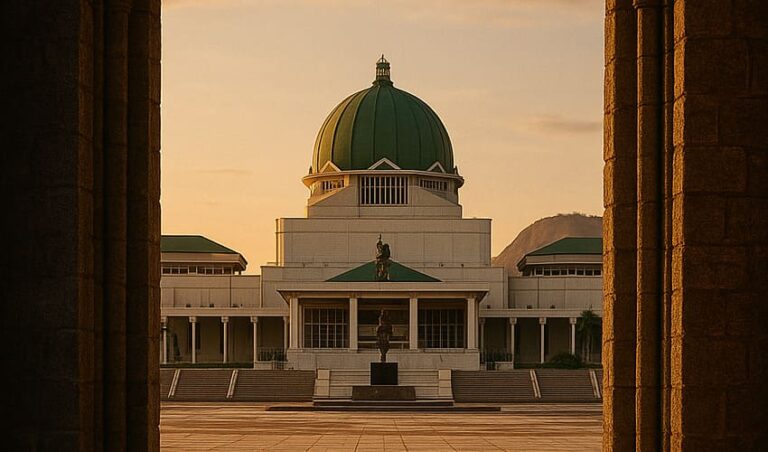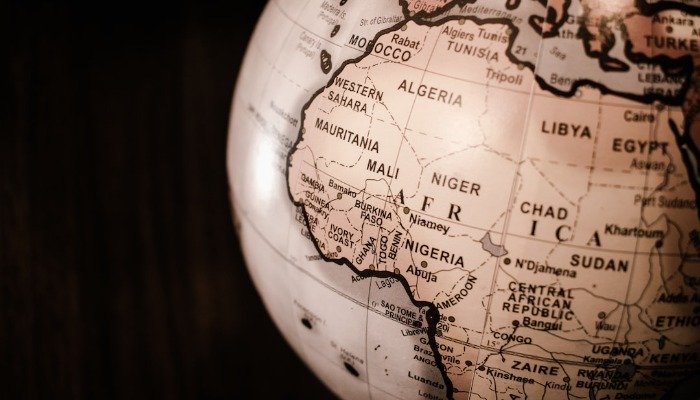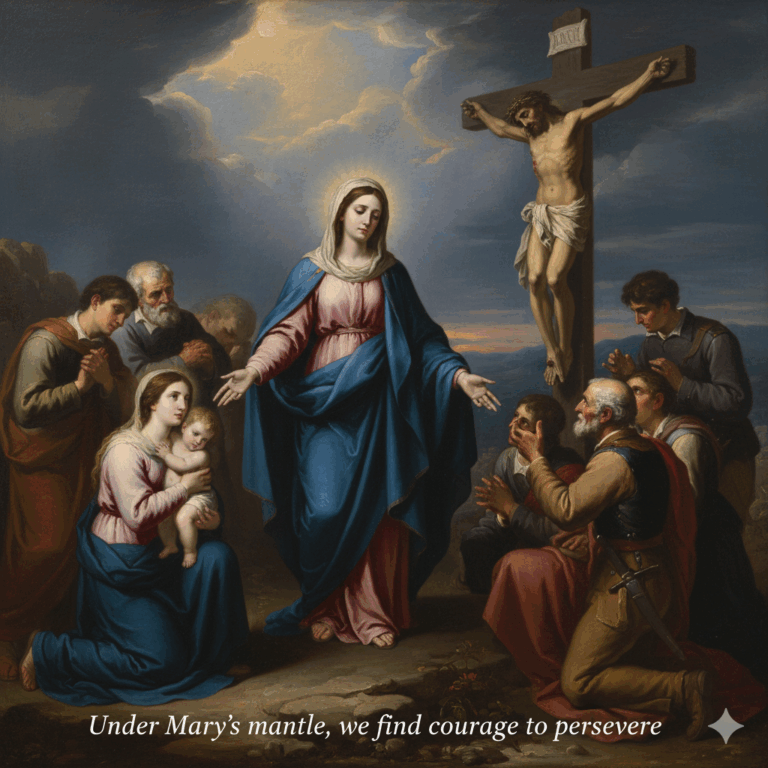Editor’s Introduction: In Part 1 of this series, Bro. Victor Ozioko established the noble, classical meaning of politics as the “affairs of the city”—the shared management of our life together. But this has never been a simple task. For nearly two millennia, the relationship between spiritual authority (the Church) and earthly authority (the State) has been a complex, and often conflicted, dance of power.
In this second part, we journey through history to understand this struggle. From the towering authority of the medieval Papacy to the revolutionary ideas of the Protestant Reformation, we explore the events that shattered a unified Christian Europe and laid the groundwork for the modern nations we know today.
F
or much of the Middle Ages, the Catholic Church in the West was the central, unifying institution. However, the Christian world was not without its fractures. After centuries of strained relations, the Great Schism of 1054 split the Church between the Catholic Church, centered in Rome, and the Eastern Orthodox Church, centered in Constantinople. This created a lasting division in Christendom.
The Struggle for Supremacy: Pope vs. King
Within Western society, relations between the nobility, monarchy, and clergy often produced conflict. The Investiture Controversy of the 11th and 12th centuries was one of the most significant of these conflicts. A series of Popes challenged the authority of monarchs to control the appointments, or “investitures,” of bishops and other church officials, claiming this was a spiritual, not secular, matter.
This tension reached a peak in 1302, when Pope Boniface VIII issued Unam sanctam, a papal bull proclaiming the absolute superiority of the Pope over all secular rulers. King Philip IV of France responded not with debate, but with force, sending an army to arrest the Pope. Boniface fled for his life and died shortly thereafter. This episode revealed that the popes were no longer an absolute match for the feudal kings and signaled a marked decline in papal prestige.
As historian George Garnett notes, the very attempt to implement a universal papal monarchy led to the loss of its prestige. The more efficient the papal bureaucracy became, the more it alienated local peoples and powers.
The Fragmentation of a Unified Europe
The Papacy had its court at Avignon, France, from 1305 to 1378, a period arising from conflict between the Italian-based Papacy and the French crown. Theologian Roger Olson says the Church reached its nadir at this time, which led to the Western Schism, where three different men simultaneously claimed to be the rightful Pope.
This period witnessed the gradual decomposition of Europe as a single ecclesiastical unit. In its place, independent, autonomous entities began to form, which we now know as national monarchies or states. This fragmentation heralded the “withering away of the papacy as a governing institution operating on a universal scale.”
The Reformation and the Rise of the Modern State
The close relationship between Church and worldly authorities was radically altered in the 16th century. Martin Luther—a figure who, from the Catholic perspective, is seen as the father of Protestantism and the cause of a great division in the Church—introduced a new way of thinking with his doctrine of the “two kingdoms.” He separated the religious and worldly realms in principle, arguing that believers should use reason to govern the worldly sphere in an orderly way.
A New Doctrine for a New World
Luther’s doctrine of the priesthood of all believers greatly upgraded the role of laymen. Members of a congregation, he argued, had the right to elect their own minister and, if necessary, to dismiss him.
John Calvin, another key figure in the Reformation who continued this separation from the Catholic Church, strengthened this democratic approach by including elected laymen (church elders or presbyters) in his representative church government. Groups like the Huguenots, a Reformed group in France that also separated from the Church, added regional and national synods with elected members, further developing a system of church self-government.
Politically, John Calvin favoured a mixture of aristocracy and democracy, once calling it “an invaluable gift, if God allows a people to freely elect its own authorities and overlords.” Crucially, Calvin taught that earthly rulers lose their divine right and must be put down when they rise up against God. This led to the development of a theory of resistance called the “doctrine of the lesser magistrate,” which would later be influential in the U.S. Declaration of Independence.
The Protestant Roots of Modern Democracy
These early Protestant movements resisted political absolutism and helped pave the way for modern democracy. Consistent with Calvin’s political ideas, Protestants were central to the creation of both the English and American democracies.
In 17th century England, this process was driven by the English Civil War, Oliver Cromwell, John Milton, and John Locke, culminating in the Glorious Revolution and the English Bill of Rights. Later, the British took their democratic ideals to their colonies. In North America, early colonies like the Plymouth Colony (1620) and Massachusetts Bay Colony (1628) were founded on principles of democratic self-rule and a separation of powers, as laid out in governing documents like the Mayflower Compact, which was a form of social contract. These believers were convinced that a democratic form of government was the will of God.
Coming in Part 3: We have journeyed from a unified Christendom under the Pope to the birth of modern democracies rooted in Reformation thought. In our next installment, Bro. Victor will explore how this complex European legacy—both Catholic and Protestant—shapes the reality of politics, faith, and governance in Nigeria today.
Join the Discussion in the Agora
History casts a long shadow. After reading this historical overview, let’s reflect together.
The author details a long history of conflict between spiritual and political power. Do you see echoes of this conflict in Nigeria today?
The Reformation introduced ideas like democratic self-rule and resistance to tyranny. How have these ideas influenced modern society for better or worse?
How does understanding this European history help us better understand our own political and religious landscape?
Share your respectful perspective in the comments below.


